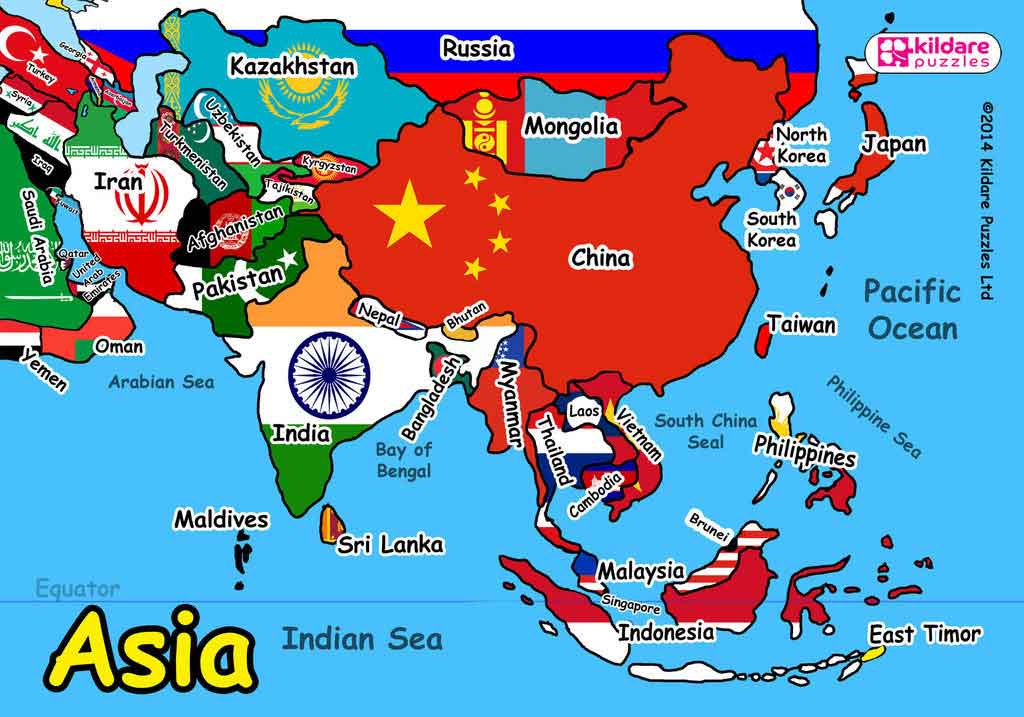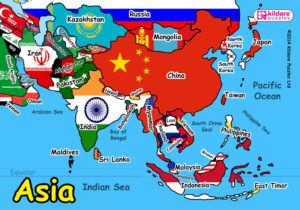
Higher than the mountains, deeper than the oceans, stronger than steel, dearer than eyesight and sweeter than honey”.
These are the words that have been spoken time and again commemorating the prestigious alliance between the Islamic Republic of Pakistan and the Peoples Republic of China. As unusual as it sounds, today, it is a reality that is set to shape the future of Asia, if not the global order. Pakistan- China relations have now come of age.
All the doubts and reluctance stand clear. On November 30, 2016, a consignment worth 500 tonnes of goods left Kunming in China for Karachi as part of the direct rail and sea freight service and 100 containers have already left from Gwadar to Europe. This is part of the $46 Billion investment plan between Pakistan and China as part of CPEC. If China succeeds in its initiative, Pakistan and its influence in the region will undergo a complete transformation. The long and mutually beneficial relationship between the two countries can be aptly described as the phrase, “opposites attract”. Pakistan and its sociopolitical systems began with a British legacy alongside being the Islamic Republic whereas China was and still remains a Red revolution-inspired communist state. Pakistan from the start was a door to the world for China. The Sino-Indian war of 1962 added a military outlook to the relationship. In the following years, Pakistan actively became the voice of support for China in the International community on diplomatic fronts like Tibet, Taiwan and Xinjiang. Pakistan formally played a role in the 1972 Nixon visit to China.
On the other hand, Pakistan received diplomatic, economic and military assistance against Indian aggression. The highest leadership of the two countries frequently arranged visits and warm diplomatic relations were always kept as a vital agenda of the foreign policy. So much so, the last visitor to meet Mao Zedong before his death, aged 83, was none other than Zulfiqar Ali Bhutto, the then Prime Minister of Pakistan. With the Soviet invasion and alignment of Pakistan with US interests, there was a period of reluctance. Soon after, the American favours upon India and its “war on terror” campaign made it crystal clear that Pakistan’s best interests were with Beijing. China lived up to its expectations with its assistance in the nuclear programs and supplies that made Pakistan a strong military power in the region. The most recent example of this counter-measure strategy is the provision of Chinese Chengdu J-10B fighter aircraft which have been developed to counter the most advanced American fighter jet Lockheed Martin F-16C. As stated by the Chinese Premier Le Keqiang to the people of China, “If you love China, love Pakistan too”. The development of Al-Khalid Tank, F22 Frigate, Nuclear Power plants and armaments are but a few examples of cooperation between Islamabad and Beijing. According to Pew Research Center, Pakistanis have the most favorable view of China after China itself. Security is now the single most imperative concern of Asian states. With the spread of terrorism, extremism and insurgency on the rise, China and Pakistan have realized that security lies in development. Pakistan has been a direct victim of terrorism and extremism while the threat of a similar conflict looms over China, with the Uighar militant group operating within. The intelligence of both countries agrees that East Turkestan Islamic Movement and the Uighar groups have joined hands with the Taliban. It is only a matter of time before militancy will raise its ugly head in not one but many cities in China. CPEC and OBOR is an effort to ensure security through development and economic progress along the lines where terrorism is likely to flourish. CPEC will be a win-win position for both countries. Gwadar is to become the jewel of world trade and Pakistan will be able to assert itself as a powerful economy independent of Western influence. The power and capability that will arise from CPEC and OBOR will make way for a new geopolitical environment in Asia. Pakistan is China’s only real friend; Beijing has realized that a country cannot become a superpower without having a strong ally in its backyard.
Rightly so, a high ranking official on the Chinese army, while defending China’s stance on Pakistan said, “Pakistan is China’s Israel”. A strong Pakistan will not only keep terrorist groups from Afghanistan in check but also check any untoward hostility from India. The geopolitics of Asia is now witnessing the constellation of stars aligning themselves to give rise to a China-Pakistan nexus that has the potential to massively change regional politics.
China is taking its only ally seriously and intends to take the trophy of being a world superpower in Asia and the Middle East.
It is in the best interest of both states, and if done right, will change the face of Asia in a way never perceived before.
The writer is the Chairman, Jinnah Rafi Foundation.
